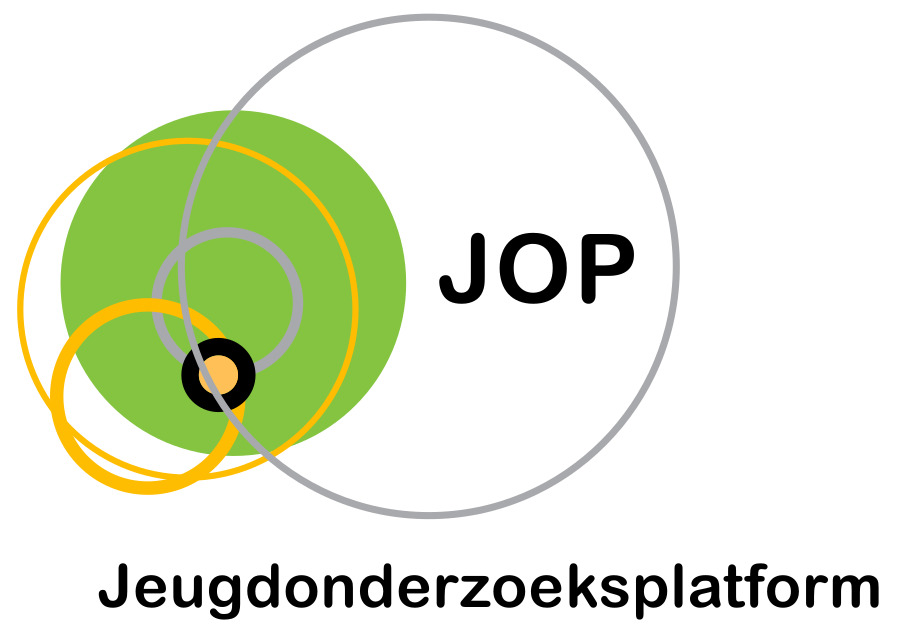Negotiating a contested identity: Religious individualism among Muslim youth in a super-diverse city.
Auteurs
Driezen, A., Verschraegen, G., & Clycq, N. (2021).

Abstract
Referentie
Driezen, A., Verschraegen, G., & Clycq, N. (2021). Negotiating a contested identity: Religious individualism among Muslim youth in a super-diverse city. International Journal of Intercultural Relations, 82, 25-36.
Taal
Engels
Publicatievorm
Tijdschriftartikel
ISBN – DOI
DOI:10.1016/j.ijintrel.2021.03.003
